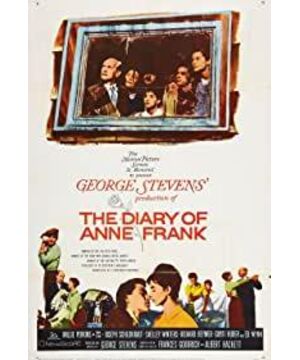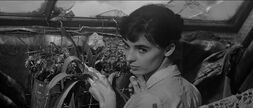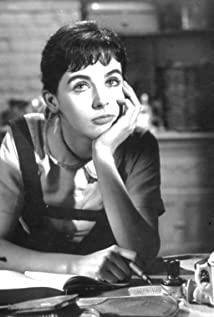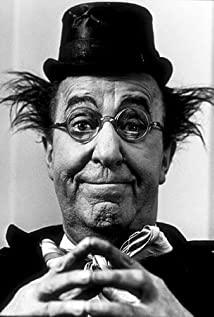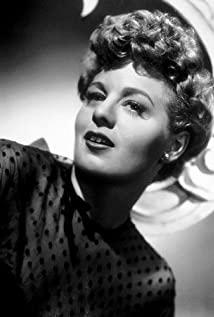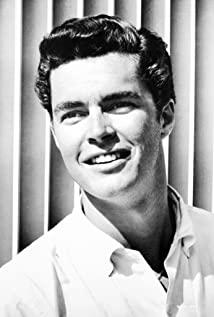Confinement is a wildly spread scourge here on earth, so it is opportune to visit the story of the arguably most well-known Holocaust victim, Anne Frank, who, along with other 7 Jews, was cooped up in a garret in Amsterdam for more than 2 years, before fateful kismet eventually caught up with them. George Stevens' THE DIARY OF ANNE FRANK is a 3-hour long saga predicated upon Frank's diary and a successful Pulitzer-winning play.
Shot in a black-and-white Cinemascope format, the film has to reconcile the story's claustrophobic mise en scène with the ultra-wide screen, which Stevens is press-ganged into use by the head of studio (it was a time when the celluloid tries to lure audience back from the small screen of television). The lion's share of the narrative is hemmed in this very peculiar, cramped “boarding house” above a spice factory, which enjoins the hiders from making absolutely any noise during working hours (horizontal shift is put into deft use on the soundstage). William C. Mellor's Oscar-winning cinematography beauteously underlines the majesty of chiaroscuro on a dime, and composes many a gorgeous tableau vivant that anchors the emotional weight of the script, which tends to be mawkish ,but ultimately sends the optimistic message “I still believe that people are really good at heart”.
Circumspectly keeping the inhuman horror off the camera (only street view are glimpsed, and hope is incarnated through the views from the skylight), THE DIARY… stands out as an overarching study of psychological stress yielded under perpetual fear and paranoid, where frailties start to tell and nervous strain crumble. It is as powerful and touching an outcry for unthinkable cruelty as a profound exploration of humanity among ordinary, huddled folks.
As an ensemble piece, THE DIARY… is a substantial showpiece for its performers, and it is happy to report the cast is optimal. As our tween protagonist, a 22-year-old Millie Perkins possesses a winsome resemblance of a young Audrey Hepburn ( who was the first choice of the role), though playing a pettish 13-year-older is quite a stretch for the debutante, Perkins fares better once Anne precociously matures into adolescence, her mellifluous articulation and heartfelt connections with everyone else make for an exemplar of ingénue, even the saccharine romance between Anne and Peter Van Daan (a zitty Beymer, barely hold a candle to the rest of the cast) finds some ballast in her level-headed discretion.
Joseph Schildkraut impresses with a munificent and magnificent presence as Anne's father Otto, the sole survivor among and a judicious leader of the posse. Schildkraut compassionately infuses dignity, composure, sagacity, intrepidity and benevolence into a father figure that is refused to become a stereotype; and Gusti Huber as Edith, Anne's mother, also pluckily portrays a hausfrau as the suffering victim of Electra complex and blows off her explosion compellingly in the most dramatic episode; as the last member of the Frank clan, Diane Baker's Margot, Anne's elder sister, carries off her immanent demureness without effacing her other traits.
As for the Van Daan family, Lou Jacobi and Shelley Winters form a memorable couple as Peter's parents, awash with peccadillos, the former is often posited in the periphery of the screen, ekes out an impression that he will be the first to crack up, while the latter swimmingly commands our attention as she pours out a self-seeking woman's desperation in her Oscar-winning turn. Also Oscar-nominated, Ed Wynn as the dentist Albert Dussell, the latecomer, is the most singular one, quite a head- scratcher, he is fastidious, well-spoken, but also incredibly inward-looking and sometimes awfully funny, Wynn is superbly on point to engender our ambiguity and his rueful sigh is particular resounding, as he is the one who correctly augurs their undoing.
Although the movie is told in flashback, laying bare the denouement right in the beginning, still when the capper finally arrives, the pathos is tremendous, regardless of our preparedness. Anne Frank and her co.'s legacy is wistfully preserved by the dear diary she left behind, but what Stevens' qualified adaptation really strikes home is the self-defeating feeling when all hope is dashed in one single moment, that dread is nearly insufferable.
referential entries: Stevens' GIANT (1956, 8.3/10); A PLACE IN THE SUN (1951, 8.1/10).
View more about The Diary of Anne Frank reviews


